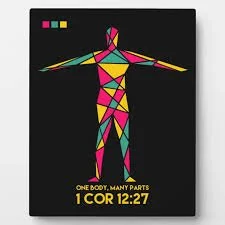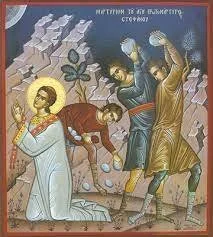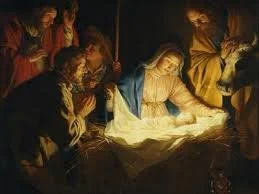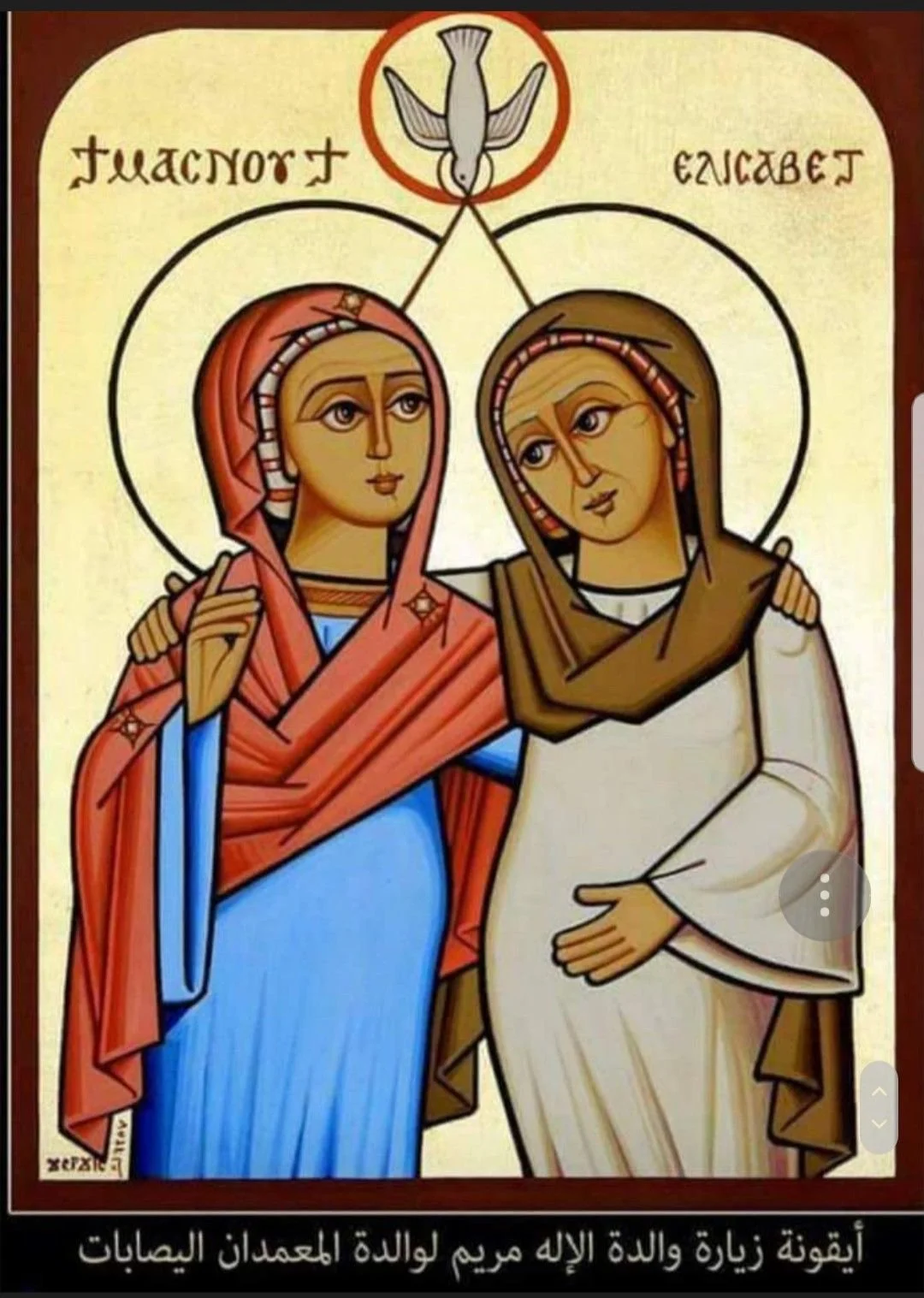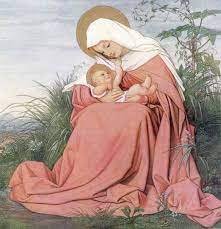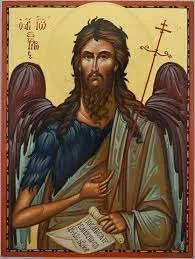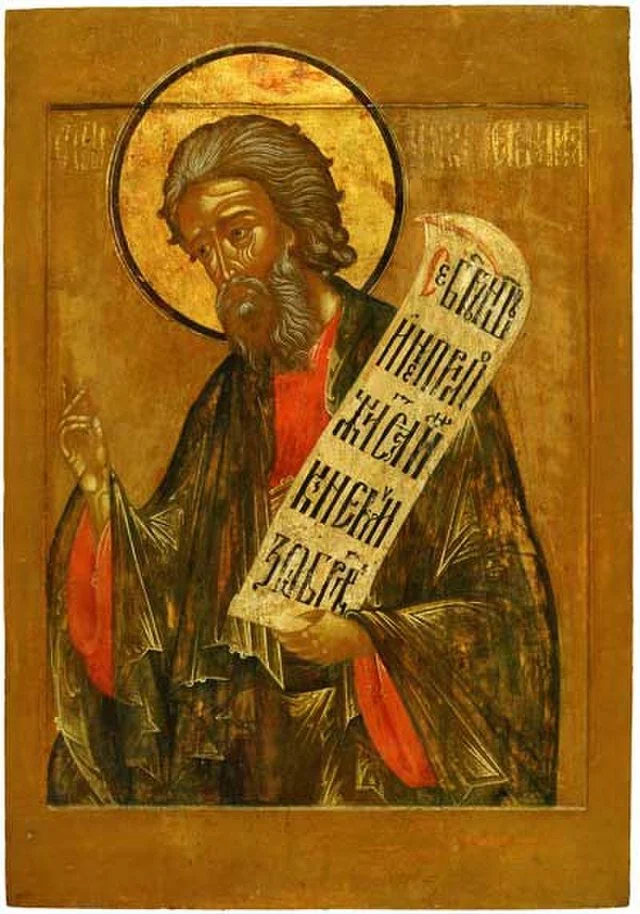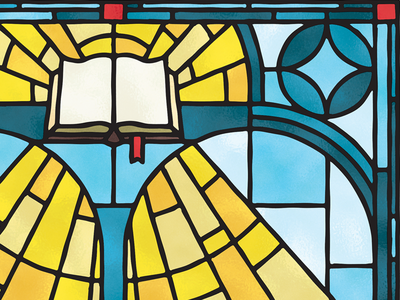The Rev’d Richard Gillespie Proctor
CtK Episcopal Church
3 Epiphany: 1/23/22
1 Cor. 12-12-31a
Two weeks ago, on the Feast of the Baptism of our Lord, we joyfully celebrated the baptism of three children, grafting them into Christ’s one holy and apostolic Church. In my homily that day, I focused on Isaiah’s prophetic proclamation to God’s people: “Do not fear, For I have redeemed you. I have called you by name, You are mine…Because you are precious in my sight, and honored, I love you. Do not fear, for I am with you.”
These words from Isaiah, along with the voice from heaven – “You are my Son, the beloved. With you I am well pleased” – are appropriate for us to hear and reflect upon within the context baptism. Today’s lesson from Paul’s first letter to the Church in Corinth is an invitation for us to continue our exploration of what it means to be baptized into Christ’s Body, the Church.
In Paul’s estimation, the Christians in Corinth were struggling to understand and embody what it meant to be unified as members of one Body. Not unlike today, factions had developed amongst them – including divisions among class lines. And he accused some of the Corinthian Christians of being “puffed up” and “arrogant.” I guess human nature is human nature, regardless of the time or place.
The week that we read of Paul’s plea for unity within the Church in Corinth just happens to be the week where we are celebrating the Week of Prayer for Christian Unity throughout the world. Of course, today, there are many, many more Christians and many, many more divisions among us than there were in Paul’s time. This week, Christians all over the world have been praying for unity amongst different traditions and denominations, in hopes that a more unified global Christian Church will have a greater impact on the well-being of God’s creation.
But pleas for global unity can be a bit overwhelming…it certainly is for me. My approach tends to be more along the lines of the well-known song “Let there be peace on earth, and let it begin with me.” It is easier for me to think and act on a smaller scale first, and that is what Paul is inviting us to do. On a similar note, the saying “Think Globally, Act Locally” comes to mind. If the Apostle Paul had a car, he very well might have had that sticker on the back of it.
Paul’s plea for unity within the Church – whether it was with the Corinthians, the Romans, or others to whom he wrote – is one of the primary themes of Paul’s letters. He knew that the only way for Christianity to thrive in a hostile environment would be for them to be unified in their worship, prayer, doctrine, and fellowship. Hostile divisions, factions, and conflict are the antithesis of our Christian baptismal identity, as Paul says, “For in the one Spirit we were all baptized into one body--Jews or Greeks, slaves or free--and we were all made to drink of one Spirit.”
The apostle Paul wasn’t a sociologist, anthropologist, or a psychologist, but his understanding of human communities, human culture, and human nature was profound. In addressing the fractured Corinthian community, he brilliantly chose the human body as an illustration for how they might think about their unity in Christ – “If the whole body were an eye, where would the hearing be? If the whole body were hearing, where would the sense of smell be? But as it is, God arranged the members in the body, each one of them, as he chose. If all were a single member, where would the body be? As it is, there are many members, yet one body.”
Paul used the interdependence of the human body to illustrate the necessity of the interdependence of the Body of Christ. His words to the church he founded in Corinth are as poignant for us here today as they were 2,000 years ago, whether we are thinking globally or locally. The bottom line is that for the Body of Christ to function as it was commissioned to do through our baptisms, we must recognize that it is essential for us to share our gifts with one another for the common good of the community.
When it came time to think about stewardship for 2022, the vestry and I decided to push back our campaign from the Fall to the early winter. We were very excited about launching a new approach to annual giving – a program that has been extremely successful in other parishes and invites us to look at annual giving through an entirely different lens. This new program that we were set to use relied primarily on a big event here at the church, which was to be Sunday, February 6. Well, given the surge in Covid cases, and the resulting drop in Sunday attendance, we determined that now was not the time to host a big stewardship event here at the church.
So, we will be sending out pledge cards in the mail in the coming weeks and ask that you return them as soon as you can. I bring this up within the context of this homily because I believe that stewardship is a very real and practical example of the importance of the interdependence of the Body of Christ. As many members of one Body, we are all expected to contribute in order for the whole Body to function well. Simply put, the Body needs each and every one of us to contribute our time, talent, and treasure in the way that we are able. Imagine the impact Christ the King could have on this community if we all contributed in the way that we have been called to do.
In the last part of our reading today, Paul points out the unique qualities of the members of the Body. Just as the human body wouldn’t function if all the parts were the same, such is the case with the Body of Christ. Paul asks, “Are all apostles? Are all prophets? Are all teachers? Do all work miracles? Do all possess gifts of healing? Do all speak in tongues? Do all interpret?” Of course, the answer to that is no. And such is the case for us here at Christ the King. We are one interdependent Body made up of many members, with many parts.
There is a lot of anxiety these days about the decline of the mainline church in general, and the Episcopal Church in particular. There are many theories about why this is so, as well as many theories of how the trend can be reversed. I certainly don’t have all of the answers to this issue, but I think my starting point would be the same as that of a physician - to look at the existing Body and see what is not functioning at its full capacity. And as we all know, if one part of our body is injured and not functioning well, it begins to affect other parts of the body as well, because those parts are having to work harder to compensate. So oftentimes, one illness or injury leads to another.
That is why I think Paul’s use of the human body to illustrate the functioning of the Body of Christ is so brilliant. We heard today that, “If one member suffers, all suffer together with it; if one member is honored, all rejoice together with it.”
There won’t be a magic program that will reverse the trend of decline in the Episcopal Church. And as excited as I was about the new stewardship program we were going to try, the bottom line is, it wasn’t going to be a magic fix either. I think the best stewardship program is simply to have every household participate in sharing their time, talent, and treasure with the church.
Right now, parts of our body are working extra hard to compensate for the parts of the body that are not contributing. You’ll notice the same people here on Sundays servings in worship and teaching Sunday School. And those are the same who are helping during the week as well. The old axiom that 20% of the people do 80% of the work is truer than ever. If the apostle Paul were to write us a letter here at Christ the King, my guess is that he’d bring that issue up with us. He’d tell us that our body isn’t working at full capacity, and he’d tell us that until we get to where we are functioning as one, interdependent body, we’ll never reach our full potential as a Christ’s Body here in this context.
So when you receive your stewardship packet in the mail in the next few weeks, please see it as an invitation to be a part of a larger body that needs you in order to function. Simply put, we are a healthier body when we all participate. We are better together. “For in the one Spirit we were all baptized into one body… and we were all made to drink of one Spirit.”

